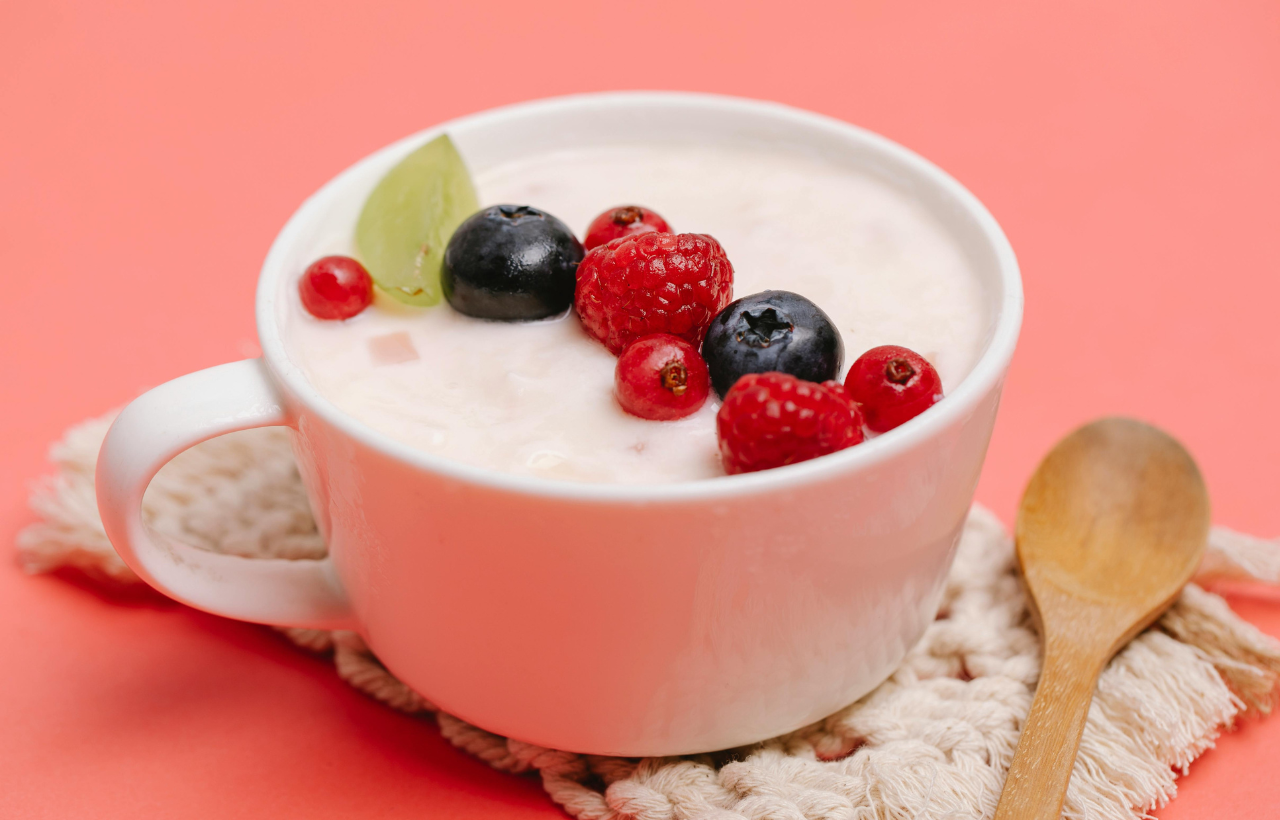Now Reading: 7 Culinary Herbs for Flavor & Health – Boost Wellness Naturally
- 01
7 Culinary Herbs for Flavor & Health – Boost Wellness Naturally
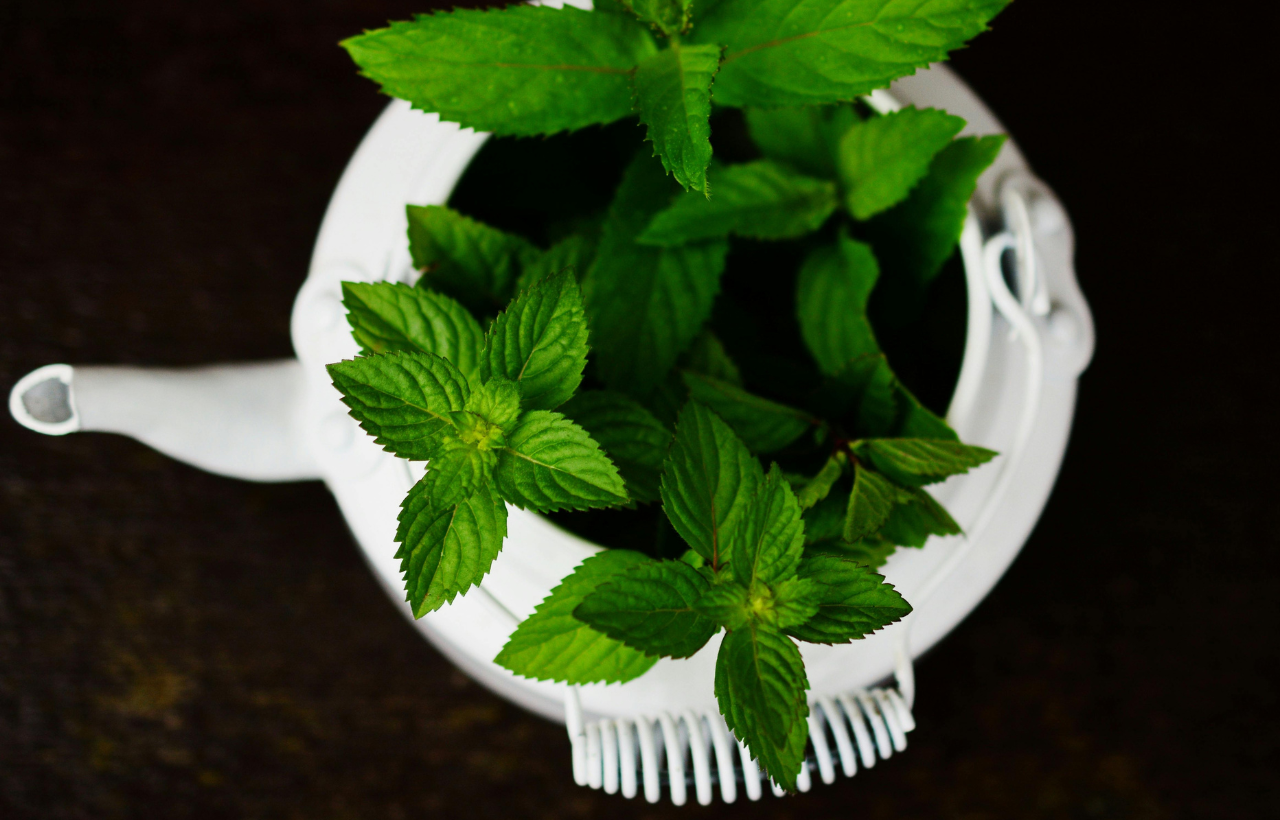
7 Culinary Herbs for Flavor & Health – Boost Wellness Naturally
Ever noticed how a pinch of culinary herbs can transform an ordinary dish into something extraordinary? What if those same herbs weren’t just flavor enhancers but also tiny powerhouses of nutrition working silently to boost your health? The ancient healers knew this secret—now modern science is catching up, confirming what traditional medicine has practiced for centuries.
In today’s world of processed foods and quick meals, incorporating these natural flavor boosters might be one of the simplest ways to enhance both your meals and your wellbeing. Let’s explore seven incredible herbs that deserve a permanent place in your kitchen.
1. Turmeric: The Golden Healer
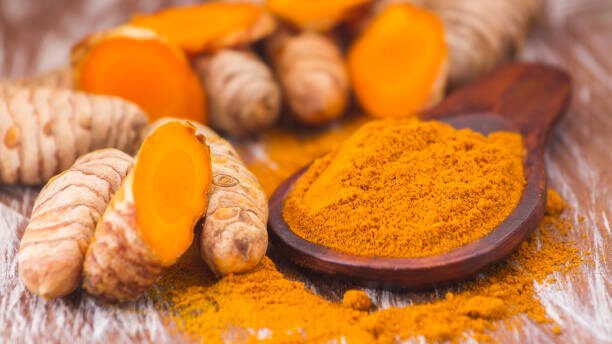
Perhaps no herb has gained more scientific attention in recent years than turmeric. This vibrant yellow spice contains curcumin, a compound with powerful anti-inflammatory and antioxidant properties.
Health Benefits:
- Reduces inflammation throughout the body
- May help manage arthritis pain and symptoms
- Supports brain health and may improve memory
- Contains compounds that may help prevent certain cancers
Cooking Tips: Add turmeric to scrambled eggs, rice dishes, soups, smoothies, or create the popular “golden milk” by mixing it with warm milk and a touch of black pepper (which enhances curcumin absorption by up to 2,000%).
“Turmeric’s anti-inflammatory effects rival those of some pharmaceutical medications, but without the side effects,” notes Dr. Andrew Weil, integrative medicine pioneer.
2. Rosemary: The Memory Enhancer

This fragrant, evergreen herb does more than flavor your roasted potatoes. Rosemary contains carnosic acid and rosmarinic acid, compounds linked to improved brain function.
Health Benefits:
- Rich in antioxidants that combat cellular damage
- May improve concentration and memory
- Supports digestive health
- Contains compounds that might help prevent cancer cell growth
Cooking Tips: Rosemary pairs perfectly with roasted meats, potatoes, bread, and even in certain cocktails. Its woody stems can be used as aromatic skewers for vegetables or meats on the grill.
3. Oregano: Nature’s Antibiotic

With one of the highest antioxidant ratings among herbs, oregano contains thymol and carvacrol, compounds with significant antimicrobial properties.
Health Benefits:
- Natural antibiotic and antifungal properties
- May help fight respiratory infections
- Supports gut health
- High in vitamin K, essential for bone health and blood clotting
Cooking Tips: Beyond Italian dishes, try adding fresh oregano to salad dressings, marinades, or steep it in olive oil to create a flavorful herb-infused oil for drizzling.
4. Mint: The Digestive Soother
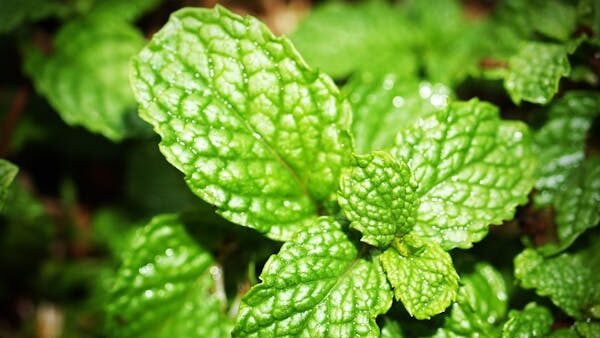
Refreshing and versatile, mint comes in many varieties, with peppermint and spearmint being the most commonly used in cooking.
Health Benefits:
- Alleviates digestive discomfort and IBS symptoms
- May help relieve headaches
- Contains menthol, which can help clear congestion
- Potentially improves exercise performance by relaxing bronchial muscles
Cooking Tips: Add fresh mint to smoothies, salads, yogurt, or infuse it in water. It pairs wonderfully with chocolate desserts and elevates many savory dishes, particularly those from Middle Eastern and Southeast Asian cuisines.
5. Sage: The Brain Booster
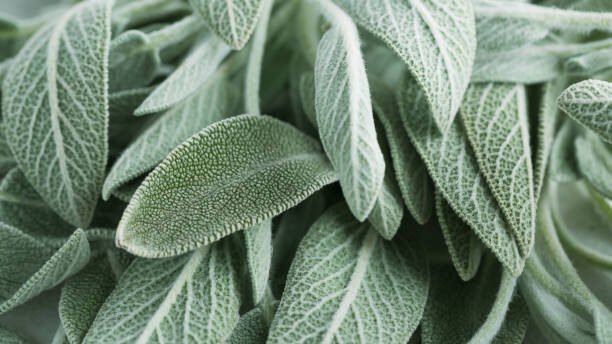
This velvety herb with a distinctive aroma has been linked to improved cognitive function and memory.
Health Benefits:
- Contains compounds that may improve brain function and memory
- Shows promise in managing symptoms of Alzheimer’s disease
- Helps reduce menopausal symptoms like hot flashes
- Acts as a natural antiseptic
Cooking Tips: Sage pairs beautifully with butternut squash, pumpkin, and other fall vegetables. It’s perfect for stuffing, sausages, and pairs wonderfully with brown butter for a simple pasta sauce.
Research published in the Journal of Clinical Pharmacy and Therapeutics found that even single doses of sage extract significantly improved memory performance in healthy older adults.
6. Thyme: The Respiratory Helper
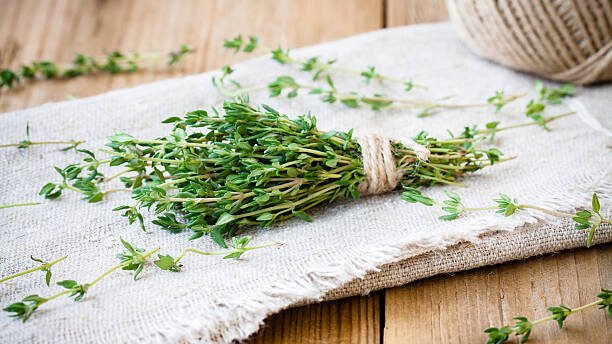
This delicate herb with tiny leaves packs a surprising medicinal punch, especially for respiratory health.
Health Benefits:
- Contains thymol, an antiseptic that helps fight respiratory infections
- Supports immune system function
- Rich in vitamin C and vitamin A
- Has expectorant properties, helping clear congestion
Cooking Tips: Thyme pairs well with lemon, garlic, and most meats. Try adding it to soups, stews, roasted vegetables, or infuse it in honey for a soothing throat remedy.
7. Cilantro/Coriander: The Detoxifier
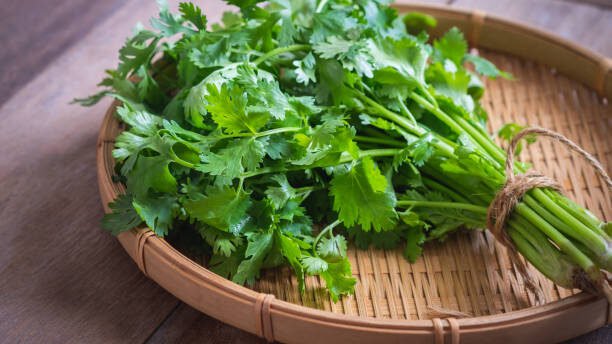
Perhaps the most polarizing herb on our list (due to a genetic component that makes some people perceive it as soapy-tasting), cilantro leaves and coriander seeds offer impressive health benefits.
Health Benefits:
- May help the body remove heavy metals through a process called chelation
- Supports healthy digestion
- Contains antibacterial compounds
- Rich in vitamins A, C, and K
Cooking Tips: Cilantro shines in Mexican, Indian, and Thai cuisines. Add it fresh at the end of cooking to preserve its flavor and nutritional benefits. The seeds (coriander) have a completely different flavor profile and work well in spice blends and marinades.
Bringing Herbs Into Your Daily Cooking
Incorporating these powerful herbs doesn’t require culinary expertise. Here are simple strategies:
- Start an herb garden: Many herbs grow easily in pots on windowsills or balconies
- Make compound butter: Mix chopped herbs into softened butter, roll into a log, and slice as needed
- Create herb-infused oils: Steep fresh herbs in olive oil for a week to create flavorful drizzling oils
- Freeze in ice cube trays: Chop herbs and freeze in olive oil or water for easy addition to future dishes
- Make herb salt: Dry herbs and blend with sea salt for a flavor-boosting condiment
According to a 2019 study in the Journal of the American College of Nutrition, people who regularly cook with herbs and spices consume less salt while rating their food as more flavorful—a win-win for taste buds and heart health.
The Future of Culinary Medicine
The line between food and medicine continues to blur as researchers discover more about the bioactive compounds in everyday herbs. Major culinary schools now offer courses in “culinary medicine,” teaching future chefs how to create dishes that are not only delicious but therapeutic.
“We’re returning to the wisdom of Hippocrates, who famously said ‘Let food be thy medicine,'” explains Dr. Jessica Matthews, a nutrition scientist at Harvard School of Public Health. “These herbs represent one of the simplest ways to incorporate functional foods into everyday eating.”
As interest in natural health solutions grows, expect to see more innovative products featuring these healing herbs—from adaptogenic herb blends to specialized cooking oils designed to target specific health concerns.
Conclusion
The humble herbs in your kitchen cabinet are more than just flavor enhancers—they’re concentrated sources of powerful plant compounds that can support your health in numerous ways. By intentionally incorporating turmeric, rosemary, oregano, mint, sage, thyme, and cilantro into your regular cooking, you’re not just creating more delicious meals; you’re practicing a form of everyday preventative medicine that cultures around the world have relied on for millennia.
So the next time you reach for the salt and pepper, consider grabbing one of these healing herbs instead. Your taste buds—and your body—will thank you.
Disclaimer: This article is intended for informational purposes only and is not a substitute for professional medical advice. While herbs can provide health benefits, they may interact with medications or cause allergic reactions in some individuals. Consult with a healthcare professional before using herbs medicinally, especially if you have existing health conditions or are taking medications.



